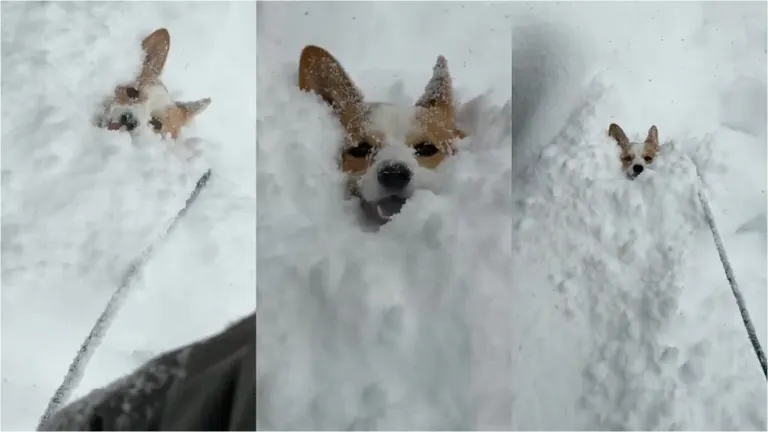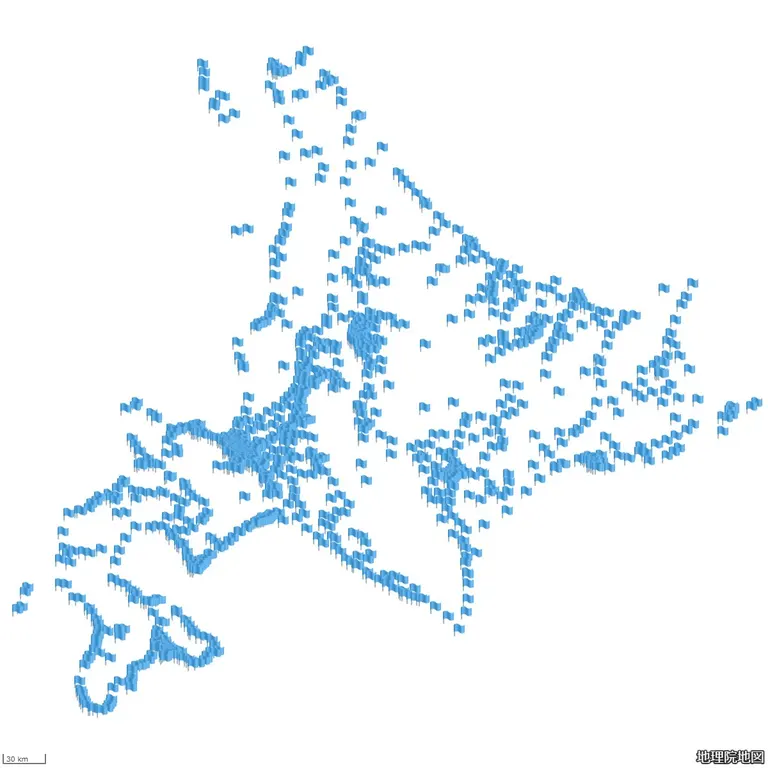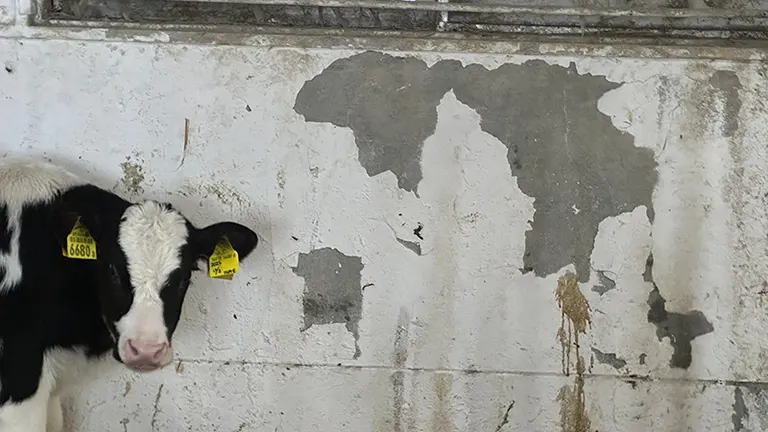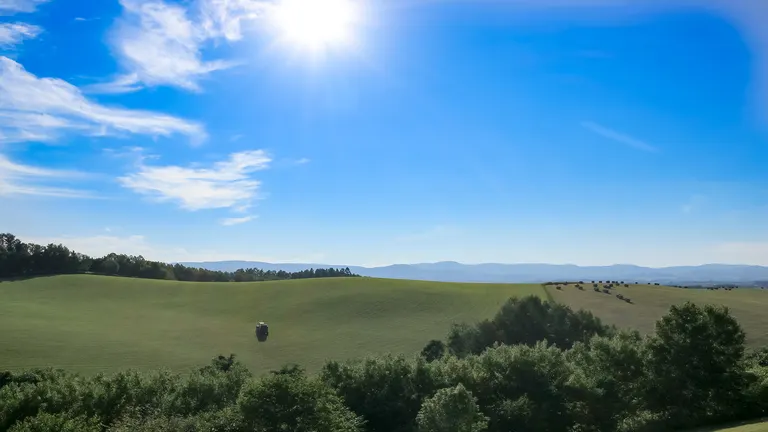
ARTICLES
"Would You Like Your Onigiri Heated Up?" 7 Unique Phrases You'll Hear in Hokkaido
Born and raised in Hokkaido, I never found this strange and thought it was a natural thing to ask until recently. However, my father, who is from outside Hokkaido, told me, "They don't say 'Would you like your onigiri heated up?' anywhere else. I was so surprised when I first heard it in Hokkaido." That's when I realized it was a part of Hokkaido's culture!
There's even a local TV show in Hokkaido titled "Onigiri Atatamemasuka" (Shall We Warm Up the Onigiri?), so it's a very popular phrase here! Nowadays, with onigiri flavors like fried rice and red bean rice that are delicious when heated, this might not be a uniquely Hokkaido custom for much longer.
This time, I'd like to introduce some other phrases, like "Would you like your onigiri heated up?", that are commonly used in Hokkaido.
■Sound Like a Local With These! 7 Phrases You'll Hear All the Time
1."~saru"
2."Shitakke"
3."Yoshikakaru"
4."Chokkishi"
5."Yoroshikatta deshouka?"
6."Toukibi (Toukimi)"
7."~re"
People Don't Really Say "~beya!" Is Hokkaido Japanese Closer to Standard Than You Think?
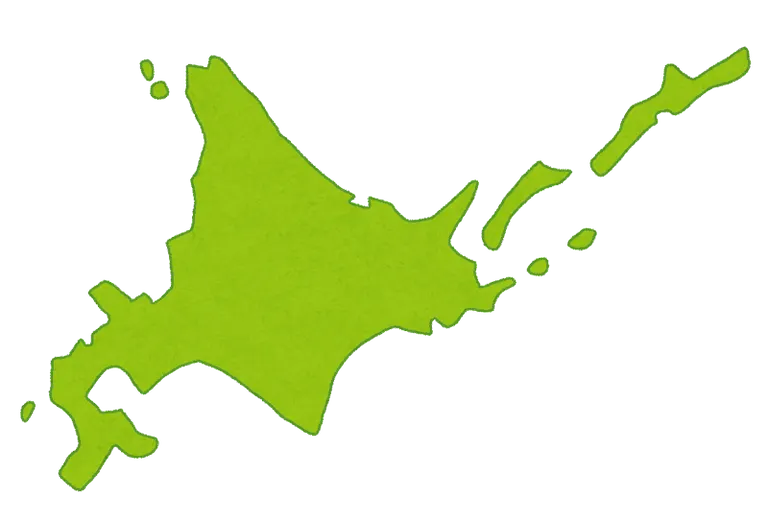
What comes to mind when you think of the Hokkaido dialect?
You probably imagine strong-sounding sentence endings like "~beya." Words like "menkoi" (cute) and "namara" (very) might also be famous.
However, as a Hokkaido local, I feel these phrases aren't used that often. It varies by generation and region, and many young people, especially those living in urban areas like Sapporo, don't use what you'd call a thick Hokkaido dialect.
That's why when I see articles or TV shows about "Classic Hokkaido Dialect!", I often find myself thinking, "Hmm... we don't really say that."
So, I'd like to introduce some words that are actually used in Hokkaido, focusing on what you might hear from young people in the cities!
Sound Like a Local With These! 7 Phrases You'll Hear All the Time
1. "~saru"
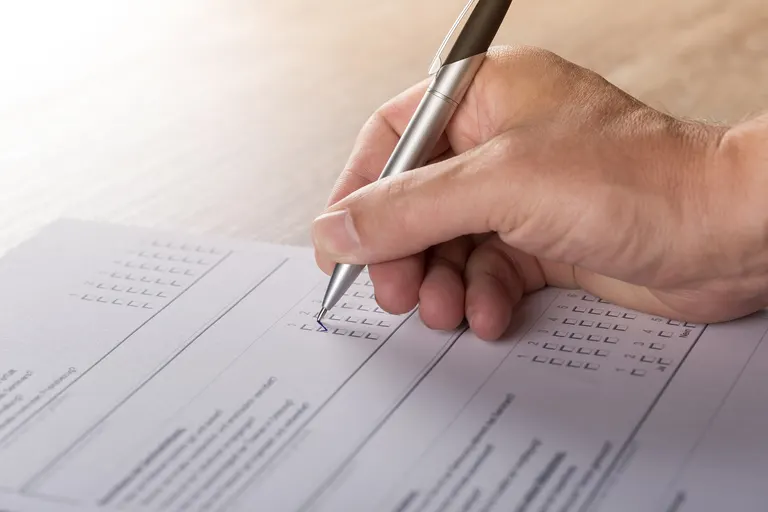
This is a famous one! It's attached to verbs, like "osasatta" (was pressed) or "kakasatta" (was written).
It's often translated as "to end up doing something," but for Hokkaido locals, the nuance is a bit different!
While that's true, a more precise translation would be something like, "I didn't mean to, but due to external factors, I accidentally did something."
For example, imagine you're typing a LINE message to a friend on the train. The train suddenly lurches, and your finger accidentally hits the send button! This is when you'd say, "Osasatta!"
It's a useful phrase when you want to emphasize that an external factor was to blame!
2. "Shitakke"

This phrase has two meanings.
One is used when saying goodbye. It means "goodbye" or "see you later," and we often say "Shitakke ne~" when parting ways.
However, you probably wouldn't use it for a friend who is moving far away or someone you won't see for a long time. It's more for when you expect to see them again soon.
The other meaning is as a conjunction, meaning "and so" or "in that case." We also use it to confirm something, like, "Shitakke, that means it's ~, right?"
3. "Yoshikakaru"

In Hokkaido, we tend to say "yoshikakaru" instead of the standard "yorikakaru" (to lean on/against). I used it without realizing it was a dialect until my dad pointed it out...
It's used in the same way as "yorikakaru." The kanji for "yori" is 寄, and normally, you wouldn't read it with a "shi" sound after it, right?
4. "Chokkishi"
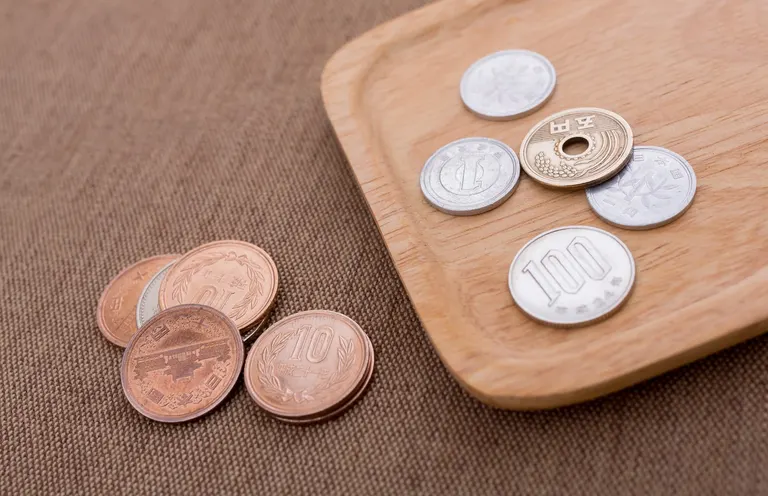
When splitting the bill with friends, you might ask, "Chokkishi aru?" (Do you have the exact amount?). We use this to mean "exactly" or "just right"!
You might also say "Chokkishi datta!" when you manage to pay the exact amount from your wallet at the checkout.
5. "Yoroshikatta deshouka?"
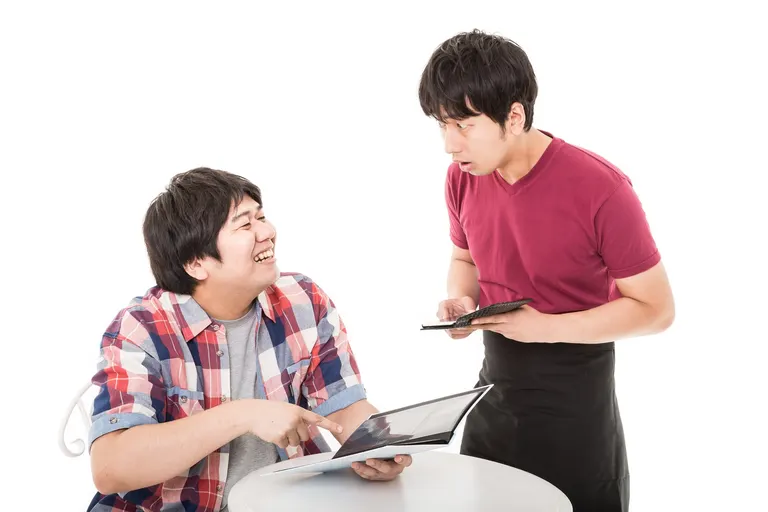
This phrase is sometimes called "baitoru-keigo" (part-timer honorifics) and is considered incorrect Japanese.
But did you know it actually originated in Hokkaido?
"Yoroshikatta deshouka?" is a phrase used to confirm something that happened in the past. Therefore, using the past tense for something happening now or just a moment ago, like "Is this everything for your order?" ("Gochuumon wa ijou de yoroshikatta deshouka?"), is technically incorrect.
However, in Hokkaido, there seems to be an image that the past tense sounds more polite and gentle, so it's sometimes used. Another example is saying "obandeshita" for the evening greeting "konbanwa" (good evening).
It might seem strange until you get used to it, but sometimes the past tense is used to be polite!
6. "Toukibi (Toukimi)"

This means corn!
In Hokkaido, we call it "toukibi" or "toukimi." The stalls in Sapporo's Odori Park that sell grilled, soy-sauce-flavored corn are called "Toukibi Wagons."
The other day, in front of a friend from outside Hokkaido, I said, "The toukibi looks delicious," and then immediately corrected myself, "Oops, I meant to say 'toumorokoshi' (the standard word for corn)!"
7. "~re"

How do you say the command form of the verb "suru" (to do)? Grammatically, "shiro" is correct, but in Hokkaido, we say "sure" or "shire."
The command form of all verbs is conjugated with the ending "~re." I first learned that this conjugation was Hokkaido dialect in my junior high Japanese class.
It might sound a bit harsh, but we don't mean to be angry!
How was it? This time, I introduced some words used in Hokkaido.
Be sure to ask your friends and family from Hokkaido about them.
*Thumbnail and images are for illustrative purposes.








